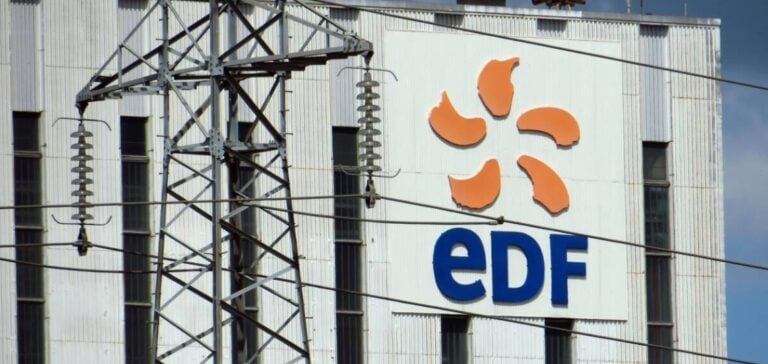Electricité de France (EDF) makes a historic takeover of General Electric’s (GE) nuclear business, an event shrouded in uncertainty. While the plan was to celebrate the official launch with great fanfare in Belfort, an unexpected postponement has upset the plans initially set for the end of November 2023. This decision, which came despite advanced preparations, highlights the complexity of the final negotiations and the unexpected challenges facing the two industrial entities.
Impacts and reactions
The announcement of the postponement had a significant impact on local stakeholders. Elected representatives and employees, prepared for a celebration marking an important milestone in the French nuclear industry, find themselves in a state of prolonged anticipation and palpable uncertainty. The lack of clear communication about the postponement and the reasons behind it exacerbated feelings of frustration, particularly among GE employees. This situation reflects not only the complexities of large-scale corporate transactions, but also the human and local implications of such decisions.
Buyback stakes
EDF’s acquisition of GE’s nuclear business is more than just a business transaction. This is a strategic maneuver at the heart of the relaunch of the French nuclear program announced by President Emmanuel Macron. Indeed, the scope of this takeover encompasses the supply of essential equipment for new nuclear power plants, including Arabelle turbines, and the maintenance of existing plants. This operation, which affects around 2,500 employees in France and 3,400 worldwide, is crucial to the future of nuclear energy in France, and raises questions about the future of national energy sovereignty.
This unexpected postponement of EDF’s takeover of GE, beyond its corporate and industrial implications, highlights the human and community realities behind major economic maneuvers.





















